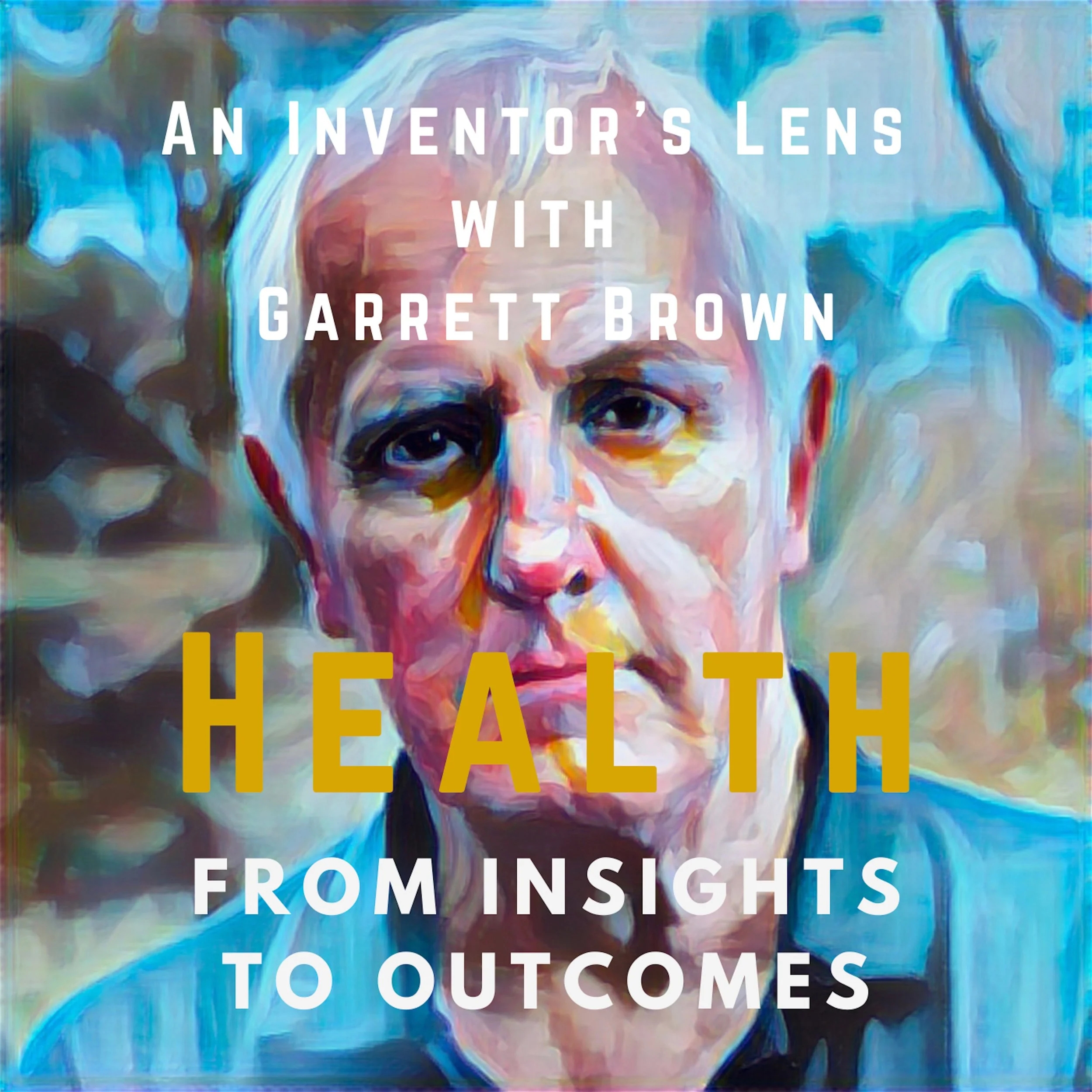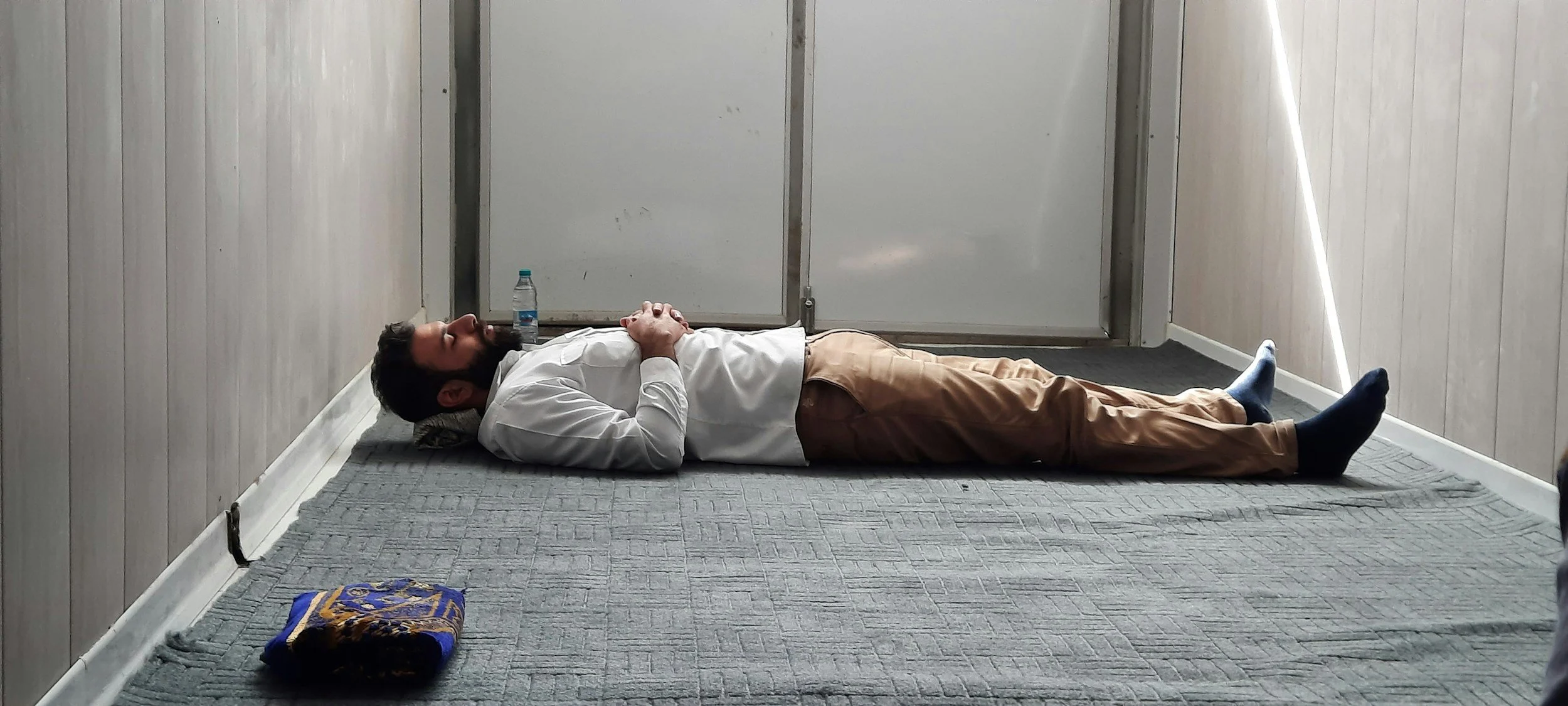Focus on Physicians:
Insights, Ideas, and Strategies
Managing Uncertainty as a Physician
Uncertainty is woven into the life of every physician. Patients don’t always get better, there is not always one best choice or right answer, and sometimes your decisions are affected by factors that are completely out of your control.
For most physicians, managing uncertainty doesn’t come naturally. Perfectionism may be an ever-present companion. In many ways it can be a strength. But when you set unrealistic standards, perfectionism can shift from being an asset to becoming a barrier, undermining both patient care and your own well-being.
An earlier version of this article appeared on this website in July, 2022
Uncertainty is woven into the life of every physician. Patients don’t always get better, there is not always one best choice or right answer, and sometimes your decisions are affected by factors that are completely out of your control.
For most physicians, managing uncertainty doesn’t come naturally. Perfectionism may be an ever-present companion. In many ways it can be a strength. The drive to excel benefits your patients and fuels your professional growth. But when you set unrealistic standards, perfectionism can shift from being an asset to becoming a barrier, undermining both patient care and your own well-being.
Layered on top of that is the responsibility you carry. Every decision can directly affect another person’s health, and that weight can make uncertainty feel almost unbearable.
And then there’s medical culture, which often rewards confidence and conviction, even when doubt is inevitable.
Add the natural physician desire for control—to fix problems, to restore order—and it’s no surprise that “not knowing” can feel like failure. Together, these forces make it difficult for physicians to acknowledge, much less embrace, uncertainty.
The Cost of Intolerance for Uncertainty
A recent study of over 2,000 faculty physicians found that intolerance of uncertainty was associated with a three-fold higher risk of burnout. Physicians who struggled with uncertainty were also less likely to feel satisfied in their careers and more likely to be disengaged at work.
As you might expect, those who struggled with uncertainty were much less likely to be satisfied with their career, and tended to be less engaged at work. Factors that correlated with a greater intolerance of uncertainty were
Female gender
Primary care
Earlier stage of practice
Lack of a trusted advisor.
Yet intolerance of uncertainty was not limited to these groups. The study found that many male physicians, specialists, and senior clinicians also struggle with its impact.
Burnout and physician unhappiness are crucial pain points in our current healthcare environment. Not surprisingly, stress from uncertainty correlates with depression and low levels of resilience. Intolerance of uncertainty has been linked to poorer outcomes and even to increased healthcare costs. And burned out physicians are more likely to leave the practice of medicine.
Naming the Challenge
Medicine rewards precision and stoicism. From training onward, physicians are expected to project confidence—even when the answers aren’t clear.
That’s why it’s especially powerful when senior colleagues and mentors acknowledge that uncertainty is part of the work. Simply hearing “I don’t always know either” can normalize the experience and help younger physicians feel less isolated.
Building Skills to Navigate the Unknown
Although becoming comfortable with uncertainty may always be a challenge, managing your response to uncertainty can open up opportunities to react to life’s curve balls in ways that are both positive and beneficial to all involved.
In their thorough analysis of the issue, Samuel Reis-Dennis and colleagues describe “three corrective virtues” that might help physicians navigate the challenges that uncertainty creates. These include:
Courage: avoiding the tendency to run away from threats by developing strategies to cope with new challenges
Diligence: seeking guidance from trusted colleagues and staying current on the medical literature
Curiosity: addressing uncertainty by viewing it as an opportunity to learn and grow
These virtues remind us that uncertainty isn’t a personal failing but a natural element of the constantly shifting world of medical practice.
Finding Support
Recognizing the impact of uncertainty is one thing—navigating it is another. Medical schools are beginning to teach these skills, but once in practice, many physicians find they still need additional support.
Working with a coach or trusted advisor can provide space to process uncertainty, identify strengths, and discover practical strategies tailored to your unique needs. Building these skills doesn’t just benefit you—it also enhances your care for patients, strengthens your resilience, and can help to restore meaning in your professional life.
If you’ve enjoyed this article and would like to stay in the loop for more insights on creating a sustainable, fulfilling, and happy life as a physician, sign up for my newsletter or reach out on my website. I’d love to hear from you.
And if you’d like to schedule a complimentary introductory meeting with me, click the link below.
References
Allison, J. J., Kiefe, C. I., Cook, E. F., Gerrity, M. S., Orav, E. J., & Centor, R. (1998). The association of physician attitudes about uncertainty and risk taking with resource use in a Medicare HMO. Medical decision making : an international journal of the Society for Medical Decision Making
Begin, A. S., Hidrue, M., Lehrhoff, S., Del Carmen, M. G., Armstrong, K., & Wasfy, J. H. (2022). Factors associated with physician tolerance of uncertainty: an observational study. Journal of general internal medicine
Berg, S. (2020). Feeling burned out? Try picking up the phone to call your coach. American Medical Association
Cook, J. (2022). Forget resilience, improve your uncertainty tolerance. Forbes
Iannello, P., Mottini, A., Tirelli, S., Riva, S., & Antonietti, A. (2017). Ambiguity and uncertainty tolerance, need for cognition, and their association with stress. A study among Italian practicing physicians. Medical education online
Reis-Dennis, S., Gerrity, M. S., & Geller, G. (2021). Tolerance for uncertainty and professional development: a normative analysis. Journal of general internal medicine
Simpkin, A. L., Khan, A., West, D. C., Garcia, B. M., Sectish, T. C., Spector, N. D., & Landrigan, C. P. (2018). Stress from uncertainty and resilience among depressed and burned out residents: a cross-sectional study. Academic pediatrics
Sinsky, C. A., Brown, R.L., Stillman, M. J., & Linzer, M. (2021) COVID-related stress and work intentions is a sample of US health care workers. Mayo Clinic proceedings






























